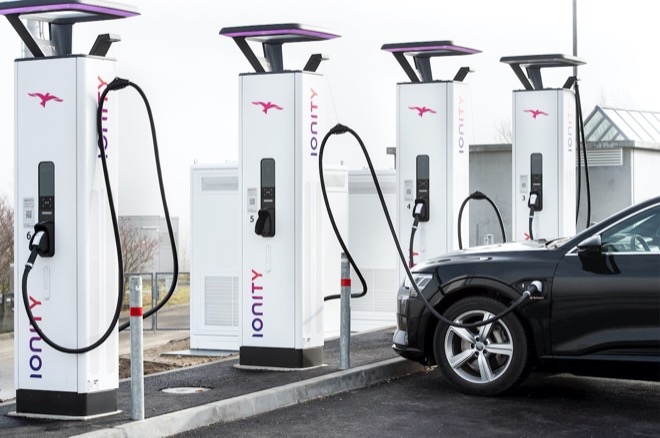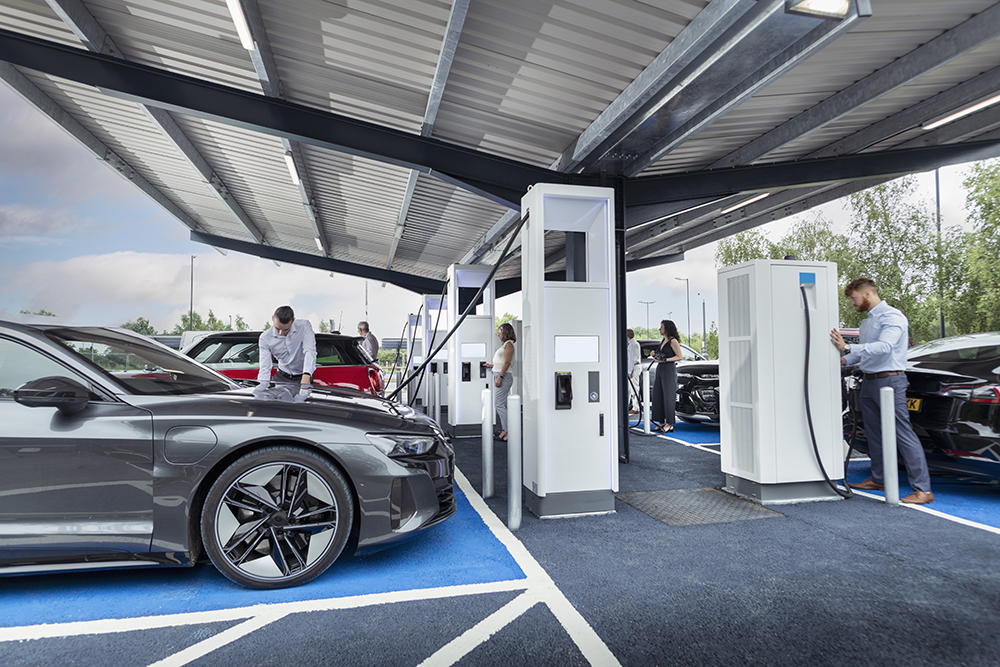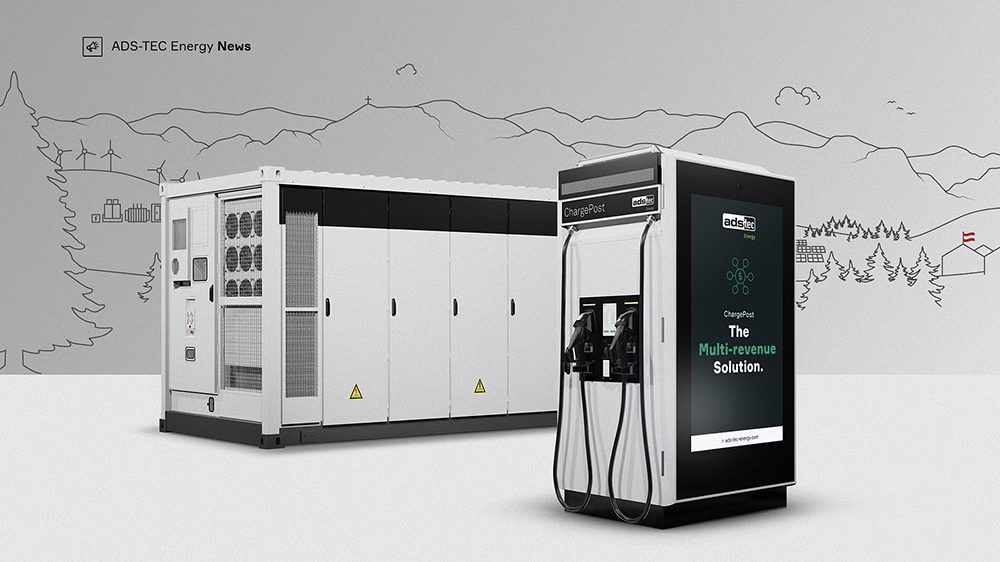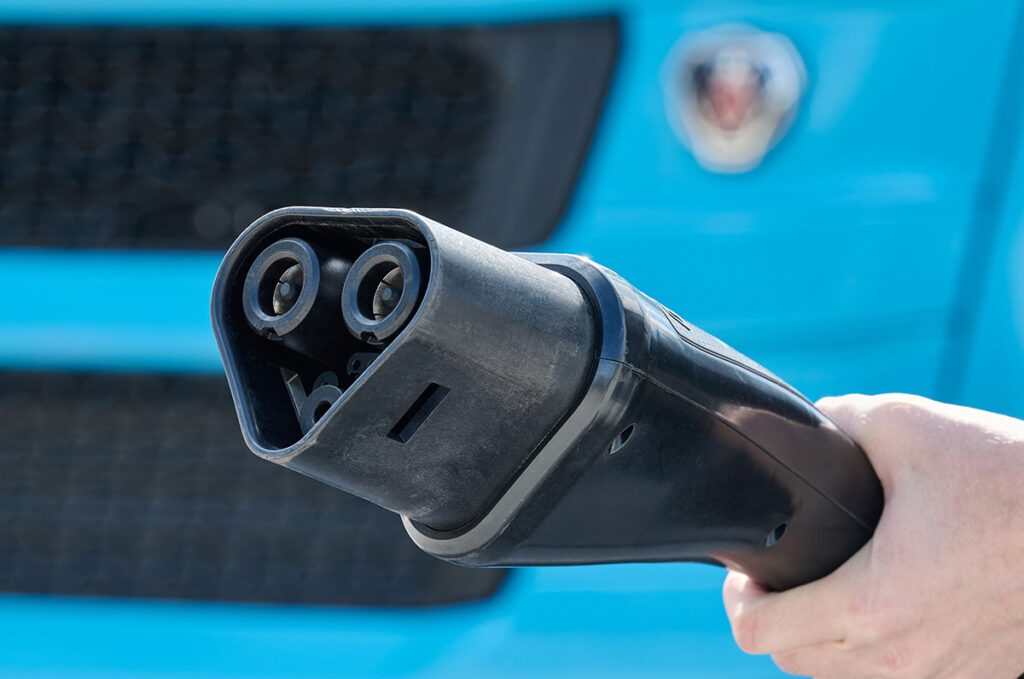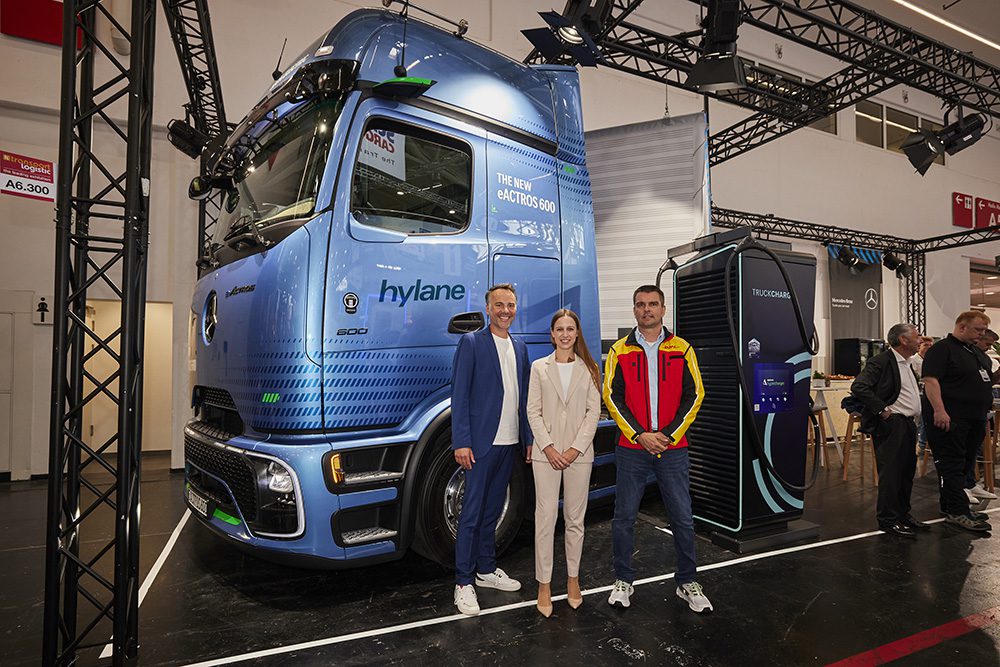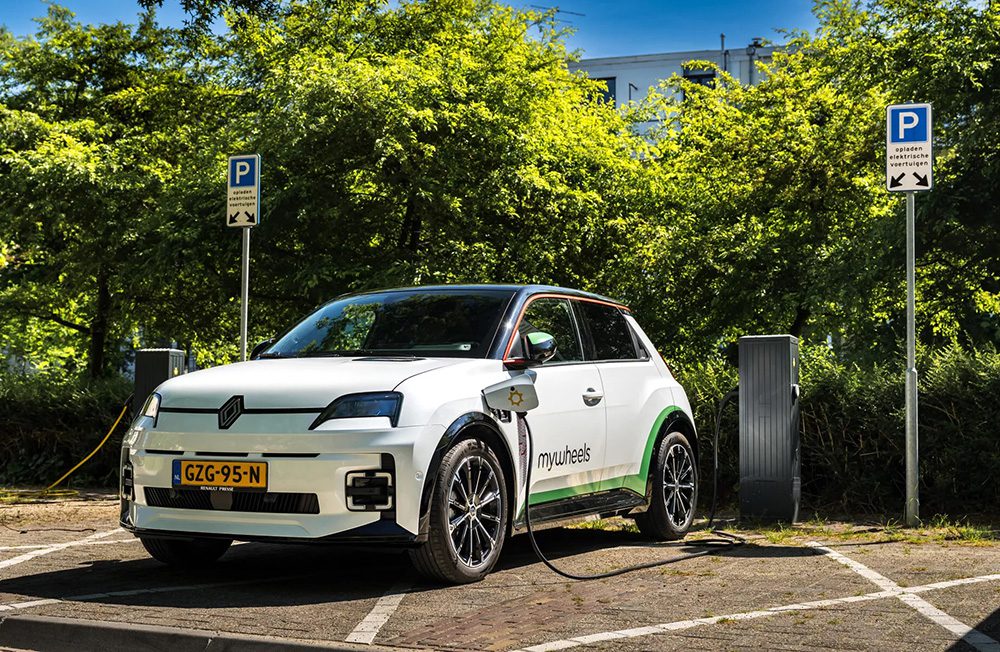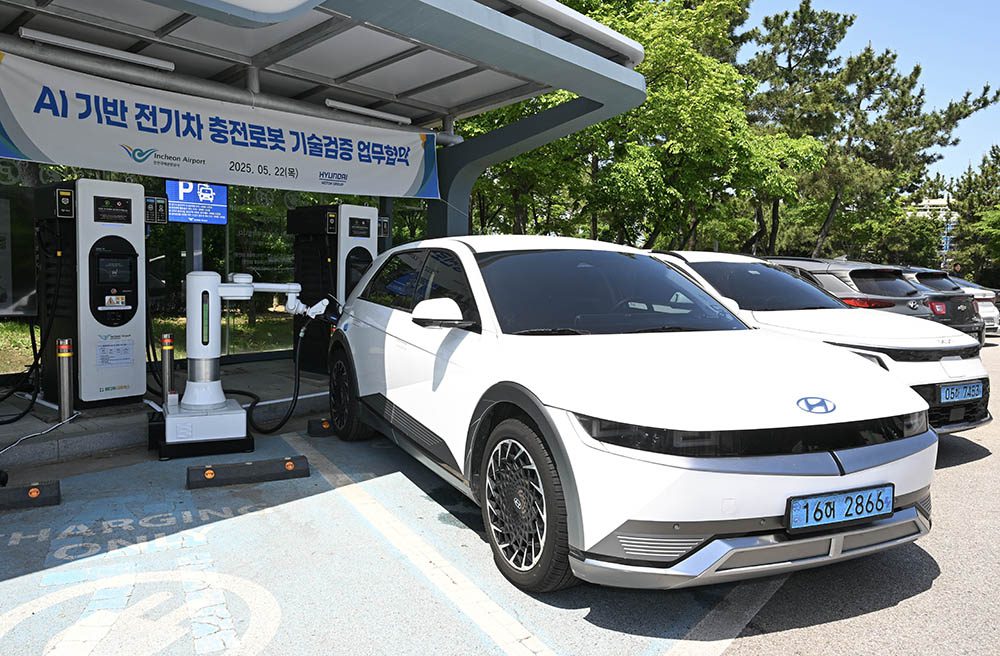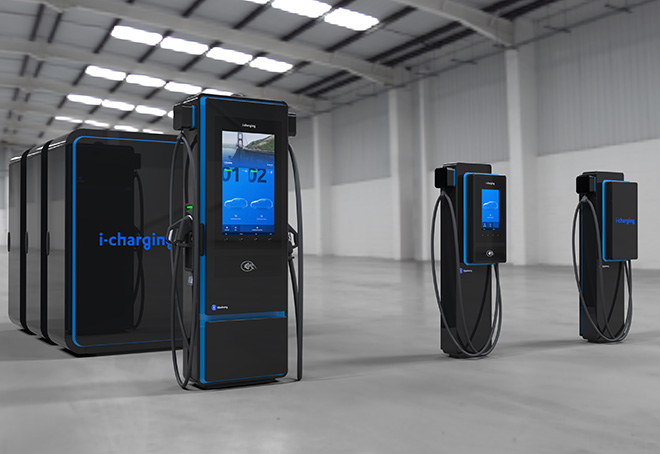EV advocates cheered the advent of IONITY, a European charging network owned by a joint venture of BMW, Daimler, Ford, and the Volkswagen Group. The network currently includes 205 DC fast charging stations in 18 European countries, and aims to have 400 in service by the end of 2020.
However, the applause has recently been replaced by a chorus of catcalls, in response to the news that charging at IONITY stations just got exponentially more expensive – unless you subscribe to one of the participating automakers’ so-called “mobility services.”
Previous to January 31, 2020, IONITY charged a fixed rate of 8 euros per charge. Now the price will be €0.79 per kWh. According to calculations by InsideEVs, to buy 200 miles worth of electricity will cost around €79 ($87). By comparison, a legacy vehicle that gets 30 mpg, at typical European gas prices of $5-6 per gallon, would cost about $40 to go 200 miles.
The chorus of condemnation was broad and deep. EV industry writers pointed out that an IONITY fast charge now costs double the price of a tank of gas, and triple the price of a charge at a Tesla Supercharger. (Commenters on social media were, predictably, less diplomatic.)
“It may seem that the German automotive industry does not understand the bearing of the Norwegian electric car market,” said Christina Bu, General Secretary of the Norsk Elbilforenig (Norwegian Electric Vehicle Association). She pointed out that, as Norway’s electricity prices are lower than in other European nations, a uniform rate across the EU has the effect of making Norwegian EV drivers subsidize those in other countries. “Such a price level for charging is unprecedented, and in practice means that IONITY is priced higher than fossil fuels. In addition, IONITY chooses to demand a higher price in Norway than in the rest of Europe. This means that, in the most developed market, electric motorists will be exposed to highway robbery in order to finance further development elsewhere.”
Other writers pointed out that IONITY’s new policy may discriminate against owners of EVs made by non-IONITY members (Nissan, Renault, Tesla et al) – it’s not clear whether they will have access to reduced prices through their own “mobility providers.” IONITY has received subsidies from the EU, so preferential pricing for certain auto brands doesn’t seem cricket. According to the Swiss tabloid Blick, the Swiss Competition Commission (Wettbewerbskommission) is looking into the matter (IONITY currently operates seven charging locations in Switzerland).
IONITY chief Michael Hajesch gave a lengthy interview to the German magazine Edison, and Journalist Franz W. Rother gave him a pretty good grilling, pressing him repeatedly about the wisdom of such a colossal price increase. However, Hajesch cheerfully stuck to his guns, saying that the new price is fair and transparent, and that all the member automakers were behind it.
Asked if he feared that the increase would drive away customers, he said, “No, I’m not afraid of that. It is important to mention that the connected mobility service providers…offer attractive end customer offers. Direct customers without a contract benefit from the IONITY service promise, [including] high availability, a Europe-wide [high-power] charging network, top locations directly on the motorway, and responsible operation of the charging stations with green electricity.”
So, what’s the motivation for such a prodigious price hike? More than one online commenter accused IONITY of “putting its profit ahead of advancing e-mobility,” and one Tesla owner believes that the message the German automakers are sending is: “Please, please buy a diesel car!”
There may be some truth in both of these surmises – Hajesch told Edison that IONITY is currently not making a profit, but said he is confident that the new pricing model will eventually deliver one. And it’s no secret that the German auto industry fears electrification will lead to both reduced profits and substantial job losses.
However, the gimmick of introducing “mobility services” indicates that there’s another dynamic at work. Owners of EVs from the IONITY automakers can pay a yearly fee in order to receive reduced rates for charging. According to FleetEurope, Mercedes me Charge will charge €0.29/kWh at IONITY chargers, with no annual subscription fee for the first year. Audi’s e-tron Charging Service will charge €0.33/kWh, plus a monthly fee of €17.95. Porsche’s Charging Service will charge €0.33/kWh, plus an annual fee of €179. BMW ChargeNow and Volkswagen WeCharge are expected to offer similar deals, but have not yet announced pricing.
Futurists expect today’s auto industry to be replaced by a new paradigm that some call “Transportation as a Service” (and others call – how about that! – “mobility services”). In this brave new ecosystem, traditional automakers could end up as providers of a low-margin commodity product. European auto execs can read the same articles the rest of us do, and they are probably well aware of the income Tesla makes from its stack of services (Supercharging, repairs, selling pre-owned vehicles, and soon, insurance). Perhaps the plan is to get EV buyers used to the idea of paying a recurring fee to be in the electric club.
If that’s the idea, it needs work. The point of Transportation as a Service is that it’s simple and cheap, and IONITY’s multi-tiered fee model is anything but. The Chosen EV Owners will have to do some calculations to decide if it’s worth joining the club, and potential EV buyers will have to consider the complicated pricing scheme when deciding which brand to buy (and there’s no guarantee that these prices will remain the same).
However, car buyers do have a simpler option. According to FleetEurope, Tesla Supercharging costs between €0.24 and €0.33/kWh in most EU countries, with no recurring fees.
Sources: FleetEurope, The Driven, AndroidPIT, InsideEVs, Teslarati, Edison






